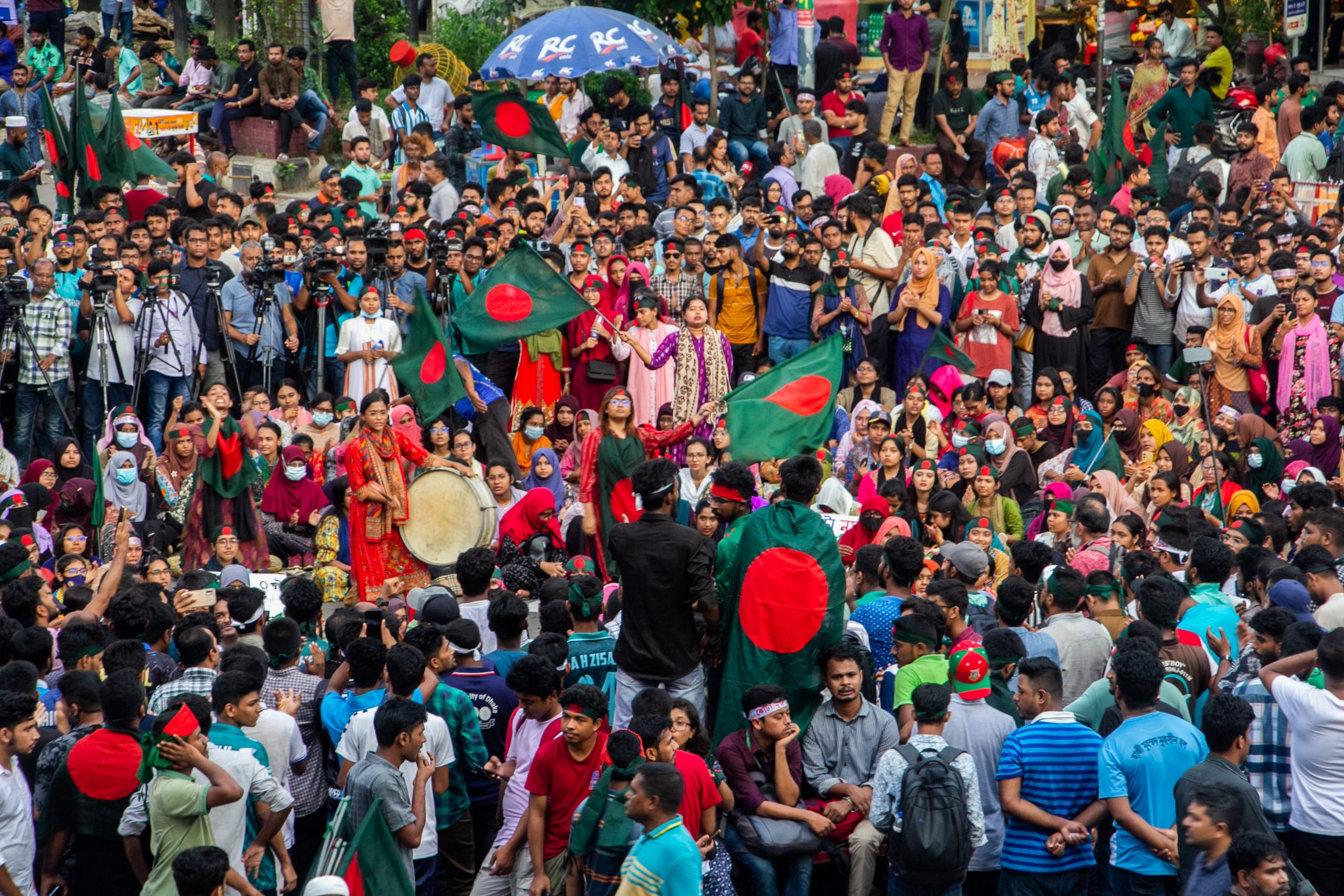Eleven countries in one year is no longer just a coincidence. Eleven countries being shaken by the same generation, driven by the same injustices, is a phenomenon, and it is a global one.
From Africa to Asia, Europe to Latin America, Kenya to Peru, Madagascar to Indonesia, Nepal to Serbia, Morocco to East Timor, via Bangladesh, Mali and Paraguay, Gen Z are taking to the streets not for a revolution, but for reforms. Smiling, candid and determined, they are not seeking to overthrow the government, but to demand that it govern for the common good. Each time, it is police brutality or governmental dysfunction that has sparked the protests.
Some of these movements are losing momentum. Others are gaining ground. If they were to spread and reach major powers such as China, France or the United States, we would have to talk about the twenties as we talked about the sixties in the last century. The baby boomers rejected the world’s division into two camps and the social conservatism of both blocs. The Prague Spring, the sexual revolution and the exhaustion of the communist myth were to close one chapter and open another, but what about now?
What is striking today is that Gen Z’s watchword is non-violence and they do not dream of a bright future, because there is no longer a Che Guevara to take up the mantle of a dying Bolshevism. Capitalism itself is not rejected, because this generation simply wants water to flow from the tap, an end to deaths due to inadequate hospital equipment, an eradication of corruption and an end to the neglect of universities.
While the sixties brought the post-war period to a close, the twenties are now beginning to reject the neoliberalism that Margaret Thatcher and Ronald Reagan had made triumphant in the 1980s. ‘Too many taxes kill taxes’, they said, and ‘the state is not the solution but the problem’. These dogmas had enabled China and new industries to take off, but they also reduced the resources available to public services, dramatically increased inequalities, and considerably reduced states’ room for manoeuvre.
The resulting social frustration has led to a decline in identification with the major political parties and in support for democracy itself. New far-right movements have filled this void by blaming free trade and immigration for the deterioration of public services. We are now witnessing the organisation of a reactionary international movement centred in Washington.
The movement seemed to be the only one set to define this decade, but now a new generation is entering the scene. On all five continents, this generation has grown up amid the weakening of states, the decline of wealth redistribution, and the internationalisation of a visual culture whose common language is an English-based creole.
Even more so than in the sixties, young people today are a global generation. This generation does not want wealth inequality, corruption, the impoverishment of public services or the international triumph of money as king. In other words, they do not want the essence of Trumpism. Gen Z is civic-minded rather than revolutionary, and their awakening is the best and most unexpected news.
Photo: Wikimedia Commons





